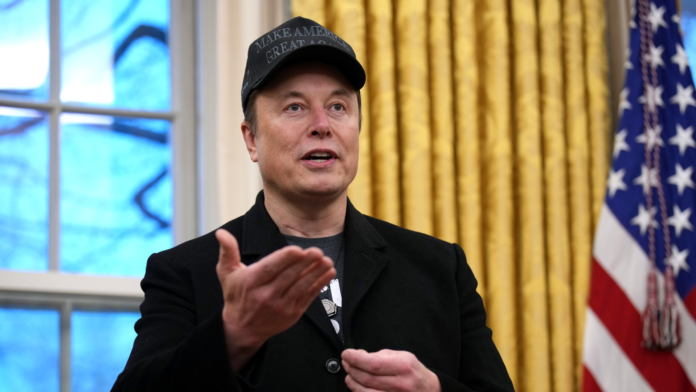Tesla owners recently discovered a new feature in their vehicles: the Grok AI chatbot. All new Tesla cars now come with Grok AI pre-installed. This addition shows how Elon Musk blends his business ventures to offer extra value to customers. Grok AI, developed by Musk’s company xAI, now appears as a button on the Tesla touchscreen. Drivers can ask questions or give tasks, just like using ChatGPT or Google’s AI.
Currently, Grok AI cannot control car functions like the air conditioner or windows. However, it could soon assist with practical tasks, such as answering emails or summarizing texts. This new integration likely means Tesla becomes a major customer for xAI. Although financial details remain undisclosed, Tesla sold nearly 1.8 million cars recently. Even a small portion of these users employing Grok AI could increase xAI’s computing demands significantly.
With this collaboration, questions arise about data privacy. Tesla states that driver conversations with Grok AI will be “securely processed by xAI” and anonymized. However, xAI’s privacy policy reveals it collects various personal data and may share it with third parties and affiliates. It remains unclear exactly what data xAI accesses from Tesla users.
Elon Musk mentioned plans to add a “wake word” to activate Grok AI. Still, it’s uncertain whether this will limit data capture to just activated moments or if the system listens continuously once engaged. Besides conversations, Teslas collect massive amounts of data through cameras, sensors, GPS, and telemetry. Estimates suggest vehicles generate about 25 gigabytes of data every hour.
Tesla’s own privacy policy confirms the use of vehicle data for self-driving AI development. It also allows customers to download their data. However, Tesla has not updated its policy since Grok AI’s arrival, leaving ambiguity about how chatbot data is handled. Neither Tesla nor xAI responded to requests for further comment.
Experts warn about the privacy risks tied to such technologies. Albert Cahn from the Surveillance Technology Oversight Project highlights how cars have become heavily monitored spaces. He warns that collected data could be used against users by law enforcement or even monetized without consent. Tesla’s data collection already includes video feeds, location tracking, and event logs, sometimes shared with authorities during investigations. Whether Grok AI conversations fall under similar uses remains unknown.
As vehicles grow more advanced, the amount of data they gather increases. Cahn stresses that anonymizing such information is challenging, and re-identification risks remain high. While Grok AI in Teslas offers innovative user experiences, it also poses new privacy trade-offs. Elon Musk’s vision of merging his various technologies into a single ecosystem invites consumers to weigh the benefits against the potential risks.
For more tech updates, visit DC Brief.


